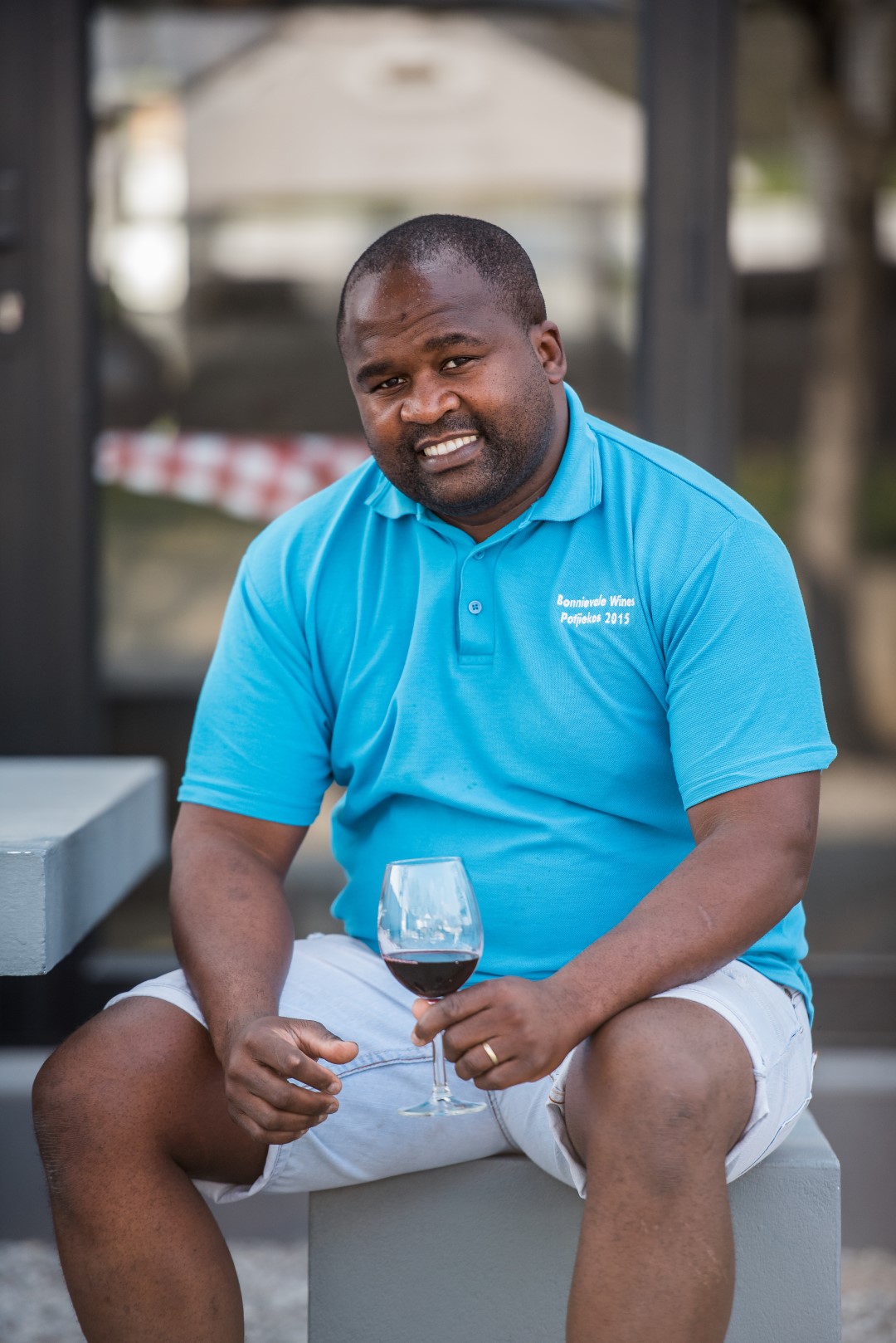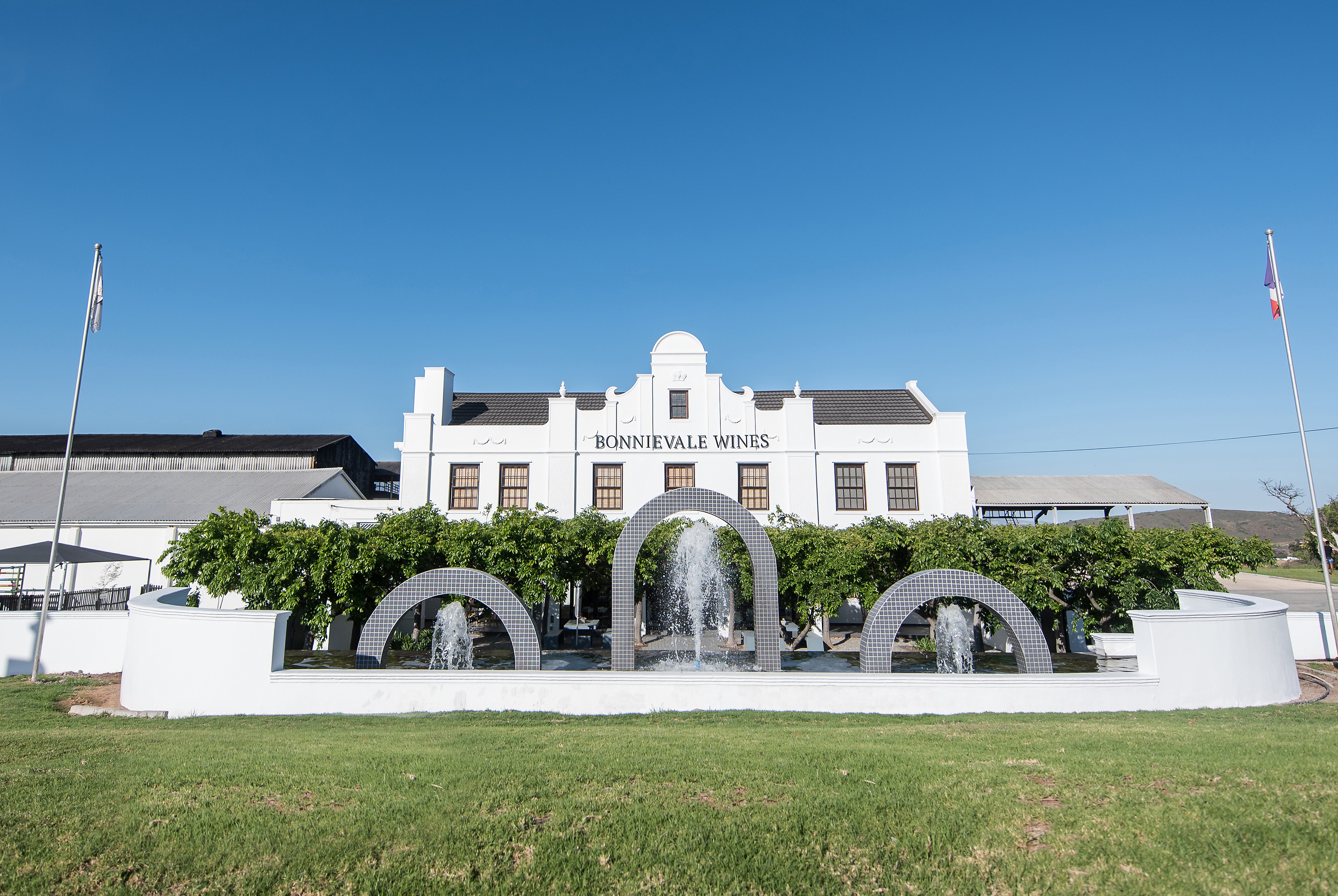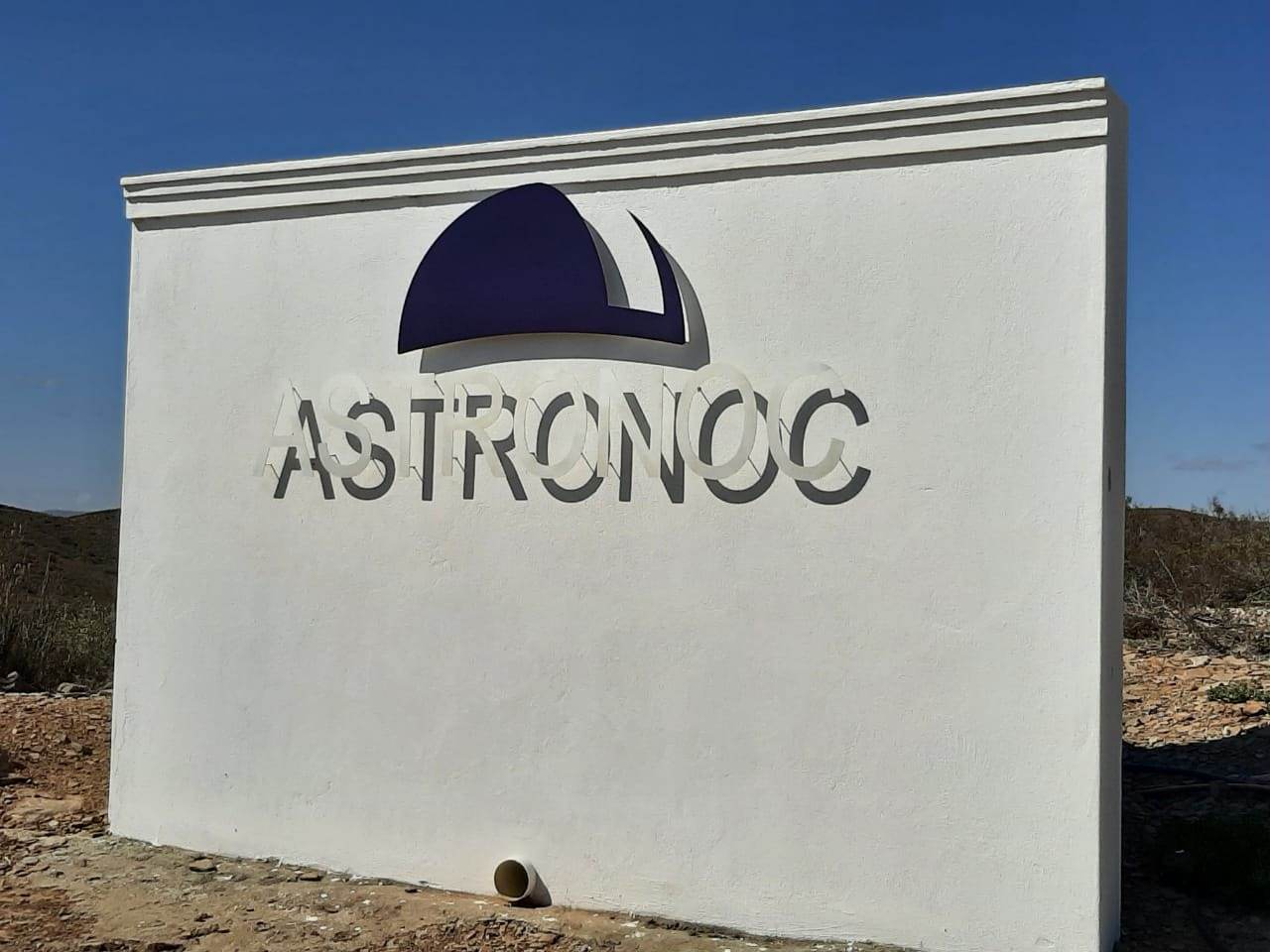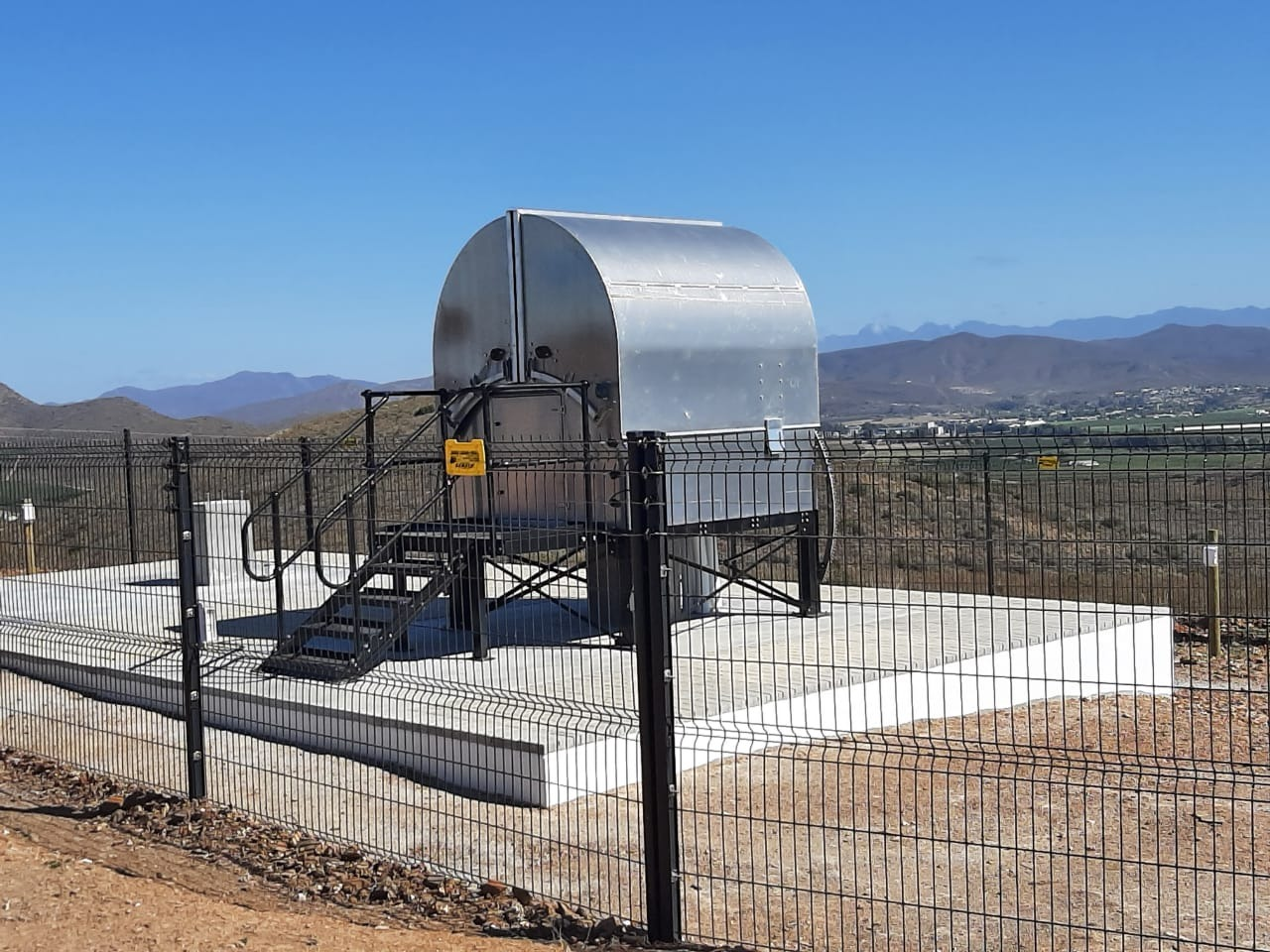ELETHU: A STELLAR ACHIEVEMENT
To the average tourist, Bonnievale is a quaint village true to its name where picturesque farm cottages are surrounded by orchards and vineyards, bordered by beautiful, towering mountains. But look beyond this peaceful pastoral scene, and you will note the spirit of transformation burning brightly, and people hard at work creating opportunities for advancement and progress, the Elethu wine farm being a prime example.
Bonnievale Wines is the largest wine producer in the area. 90 members supply their grapes to one of four cellars where a wide selection of wines are made. Elethu (meaning ‘ours’ in Xhosa) was established by Bonnievale Wines (BW) in 2007 as a Broad-based Black Economic Empowerment (BBBEE) initiative.
The Bonnievale Workers Empowerment Trust (BWET) owns this 60ha farm, which is on land donated by the local municipality. Initially it was run by the BWET together with a mentor farmer, but in May 2020, the 39 member trust took full control of operations, a milestone not only for the BWET itself, but as one of the first full-circle BBBEE projects in the SA wine industry. Elethu is a black-owned farm; with black-owned and managed vineyards; black-managed winemaking and the promise of a black-owned wine label to be released within the next year.
The BWET trustees are made up of 4 farm workers on the Elethu farm, and another 35 people who work in the cellars of Bonnievale Wines. These employees all receive on-going training in aspects from management to viticulture.
The farm functions as a fully-fledged supplier member of Bonnievale Wines, receiving payment for grapes delivered to their cellars.
Initially 16.5 ha of grapes were planted to Nouvelle, Colombard, Chenin Blanc and Cabernet Sauvignon, but this past year another 8ha of Cabernet Sauvignon, Merlot and Chardonnay were planted. While the other grapes were used in the making of BW ranges, the Cabernet Sauvignon was vinified on its own by BW winemaker Edwin Mathambo (image below), to be released within the next year.

Perhaps Elethu’s trump card is winemaker Edwin Mathambo. He was born and brought up in Bonnievale and started working at BW in 2003 straight from school, beginning as a general worker. In 2012, he was appointed as assistant winemaker and two years later as a fully-fledged winemaker at Bonnievale Wines.
During his journey to get there, he undertook numerous career-orientated courses via amongst others the University of Stellenbosch. In 2007, he worked a harvest in Beaune, France. A year later, Edwin was named South African Cellar Worker of the Year in a programme set up to recognise the contributions and expertise of this category of winery employee. A string of other awards have followed.
Today Mathambu works as part of the winemaking team at Bonnievale Wines, but takes care of all winemaking for Elethu within that. He and the entire BWET are looking forward to releasing their maiden Cabernet Sauvignon 2020 towards the end of this year, but for now are taking a well-earned break after bringing in their first harvest on their own which was a whopping 37% bigger than the previous vintage.

Reaching for the stars:
Another exciting prospect for Elethu is its potential contribution to fostering a new generation of scientists and technologists, with a first of its kind astronomical observatory in the pipeline too.
The BWET was approached recently by the Astronomical Observation Centre (Astronoc), siting the Elethu farm as the ideal location to establish its first observation facility for research and education in space object and debris optical tracking. This is the first such facility in South Africa to contribute to the global effort on Space Debris coordinated by the Inter-Agency Space Debris Coordination Committee.
A site on the Elethu farm is rented by Astronic and facilities there comprises a fully automatic large field-of-view optical telescopes to carry out operational surveys of space debris in the geosynchronous orbit, and the first such telescope has already been constructed.
Besides Astronoc’s main objective in the development of research and technology in astronomical science, another objectives is the promotion of education in the field. Via ASTRONOC's Learner Development Programme a culture of learning in the science and technology fields will be developed. The learner development programme of ASTRONOC will concentrate on a few selected high school learners with a proven aptitude for Science and Physics. There are currently four students from the local high school who are being mentored over a long period with weekly interventions. This core group of learners are exposed to practical elements related to the technical and scientific aspects of space objects and space observation. This group could become role models to other learners to build interest in science and technology. Areas of exposure will include:?
- Weather monitoring
- Light Pollution
- Stellarium: Astronomy
- Stellarium: Satellites
- Satellite technology
- Telescopes
- Projects on Satellite Build, Observatory Build
- Near space, orbits, GPS
These learners can then pursue post-school studies in technical fields at one of the universities in the Western Cape. ASTRONOC has a close relationship with Stellenbosch University and Cape Peninsula University of Technology, the latter housing the Satellite Programme funded by the SA National Space Agency. These learners will be taken on visits to these facilities.


For more information visit www.bonnievalewines.co.za and www.astronic.co.za
- Blog by Julia Moore